There are hundreds of bakeries located in the north and north-east of Scotland.
Some are widely recognised with branches scattered across multiple regions while others just have a single humble shop.
However, the rising cost of living is placing unprecedented strain on the country’s baking industry.
“Diesel is painfully high,” says Melanie McEwan from Alford, who runs baking business Cake You Happy from a commercial unit in the village.
The prices of everything from energy, oil and gas to ingredients, materials and – as stated by Melanie – fuel are rising.
What does the cost of living crisis mean for bakers?
Scottish Bakers, a membership organisation that supports the bakery trade throughout the country recently shared their findings on the average increases across all major input costs over the past 12 months.
These of course will affect bakeries massively and, ultimately, threaten their survival.
- Electricity – 214%
- Gas – 207%
- General insurance – 83%
- Ingredients – 41%
- Motor fuel – 44%
They are also facing widespread recruitment challenges.
Recent research undertaken by Scottish Bakers suggests that more than 90% of its members have vacancies they cannot fill, increasing pressure on production and the workforce that remains.
Soaring ingredient prices due to cost of living
Melanie has run her baking business for the past five years creating celebration cakes and decorated biscuits.
She supplies local coffee shops with bakes, in particular gluten-free and vegan, producing around 50 per week in an Alford-based commercial unit.
While diesel prices are a hot topic for those who deliver their goods, ingredients like butter are also up by 20% – similarly to flour.
“Suppliers understandably have increased their prices which has a knock-on effect,” she added.
“I genuinely feel sick for bakeries right now as products need to be baked at particular temperatures and orders need to be fulfilled. There’s very little we can do to reduce usage.
“Baking more only results in higher fuel bills so it’s a really vicious circle.”
Murdoch Allan owner, Paul Allan, and JG Ross production director, Cameron Ross, say their firms have and continue to experience sharp price increases, like Melanie.
“Ingredients have increased by as much as 100% in some instances but the main increases are 30%,” says Paul, from Peterhead
Murdoch Allan operates six retail outlets in the north-east offering fresh bakery goods and takeaway meals, while the JG Ross portfolio boasts shops scattered across Moray, Aberdeen, Aberdeenshire and beyond.
Cameron added: “We haven’t seen ingredients increase this much since 2007, and even then they were nothing like they have been this year.
“Fats and oils have increased between 75% and 100% over the last 12 months and sugar has risen by more than 40%.
“Every other ingredient has had a double-digit increase.
“I fear for the bakery industry. We are dependent on the ingredients we use and if they keep increasing, it may make bakery products too costly to buy.”
‘We have had to increase all products’
This knock-on effect forces bakers – whether working from home or as part of a large-scale company – to make products more expensive.
Melanie increased the price of her wholesale bakes – including cakes, traybakes, scones, brownies, and blondies – by a couple of pounds earlier this year.
JG Ross – whose direct costs have increased by 19.9% over the past year – and Murdoch Allan products are up by an average of 10%.
Tristan Aitchison and Fernando Basaldua Bazaldua, co-owners of Inverness bakehouse and coffee bar XOKO, have had to do the same.
However, it has only affected the eatery’s drink offering to date.
For example, a latte was £2.90 but is now £3.30 and an Americano was £2.60 but is now £2.90.
Tristan has said that he will have to increase prices again in line with the rise of material costs and other price increases.
How is the issue being controlled?
As well as ingredient prices soaring, electricity and gas are among the other factors contributing to the industry’s problems.
But how are baking businesses rectifying the issue or ensuring it does not worsen – other than adding costs to products?
“By focussing on efficiency and investing in technology to reduce energy usage,” says Paul.
“Local bakeries and businesses will have to operate as efficiently as possible or they won’t survive in the current climate.”
JG Ross is also focusing on efficiency, as well as maintaining its quality, freshness and service.
This means it will not sacrifice using the best ingredients, a goal shared by Melanie.
Tristan says he and Fernando are aiming to keep their prices the same or even lower them where possible.
He added: “We have managed to bring the price down of our sourdoughs and loaves have reduced by approximately 30p each.
“We have been able to do this due to economies of scale. We make more and sell more, so we can reduce the price.”
Recruitment problems thrown into the mix
Tristan went on to say that XOKO is keen to expand its operations in Inverness and further afield. However, recruitment has proven the biggest issue in making this happen.
He said: “Expansion is a key tool to help negate the energy price surge.
“However, we have been unable to recruit skilled workers for key positions – due to Brexit, Covid and other factors – and this is holding us back.
“We have been unable to hire a skilled pastry chef in eight months of trying and have had to become a sponsor of overseas workers.
“This is an expensive and lengthy route, but the only one available to us.”
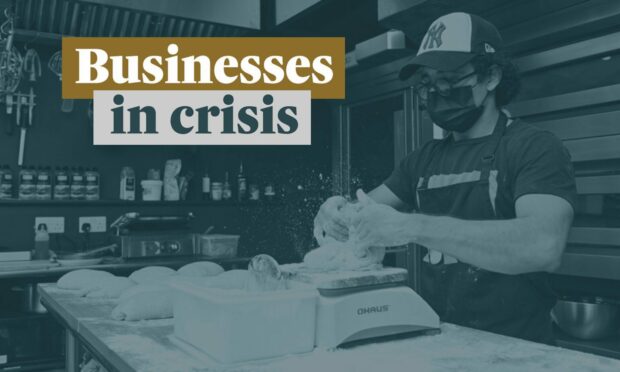
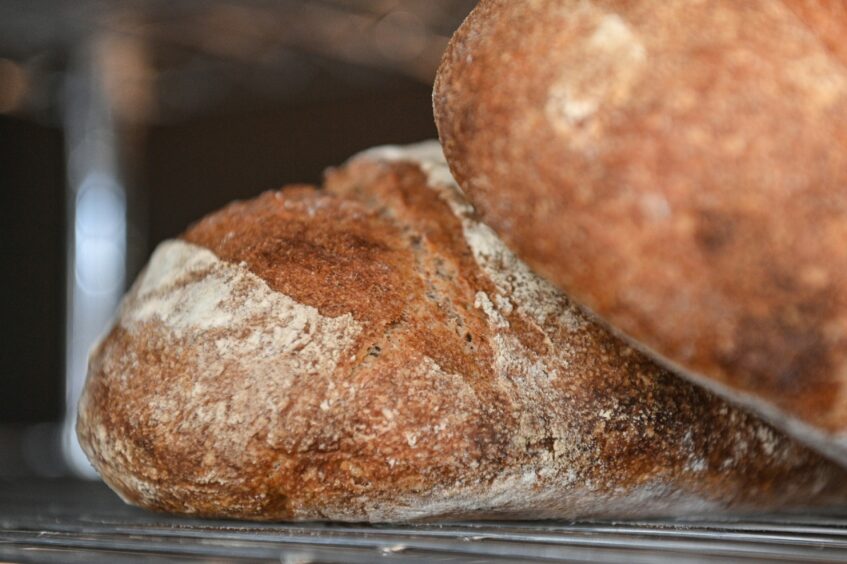
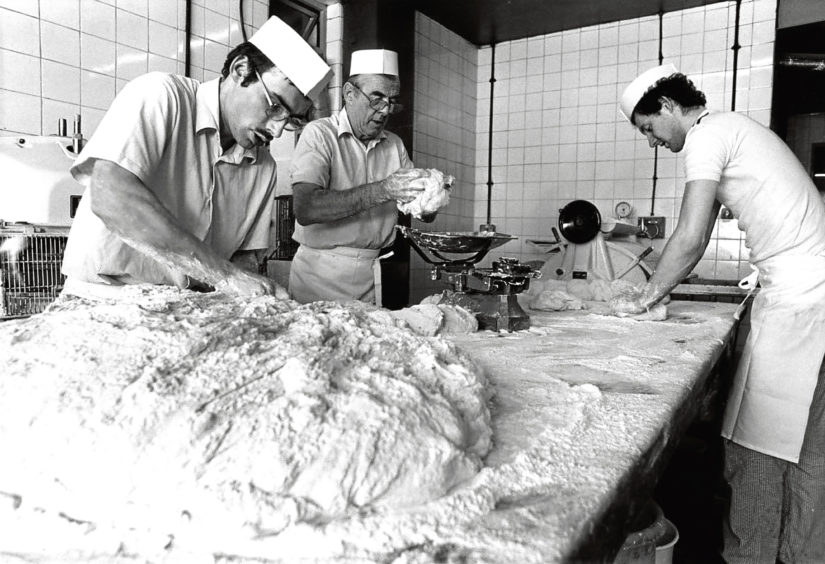
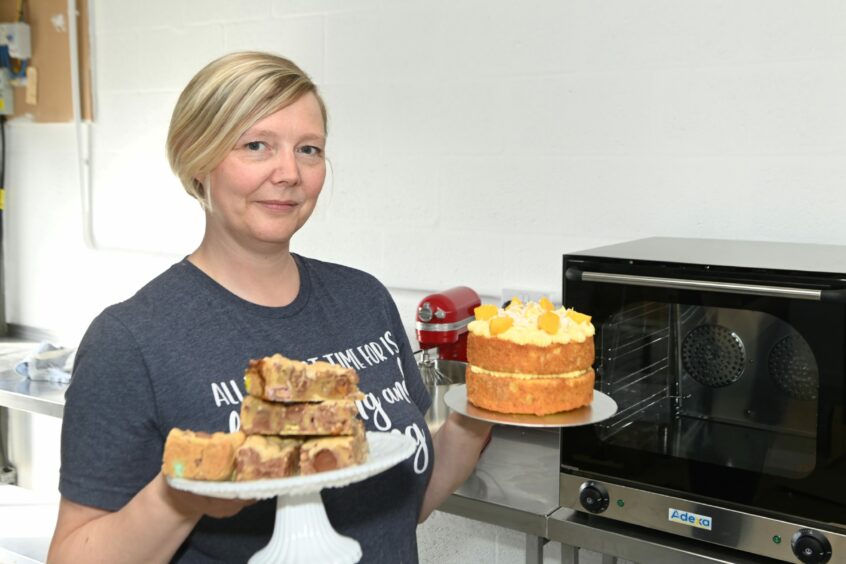
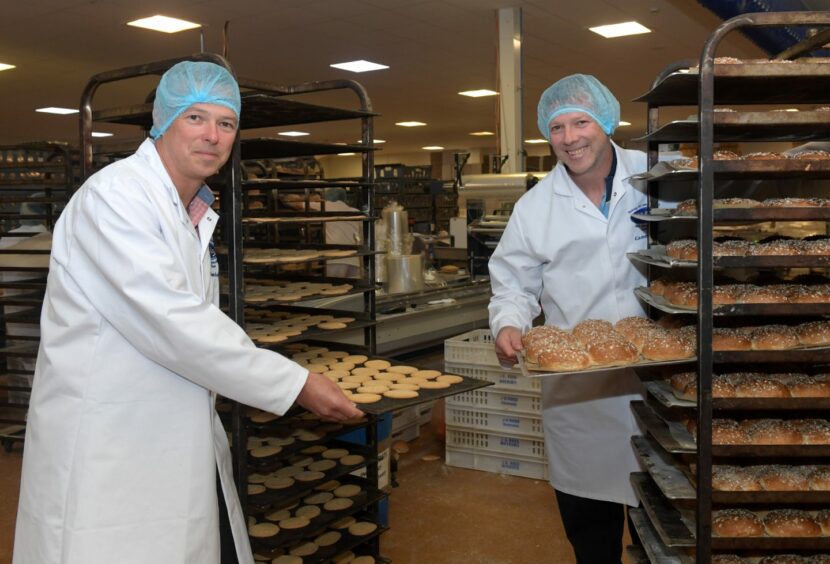
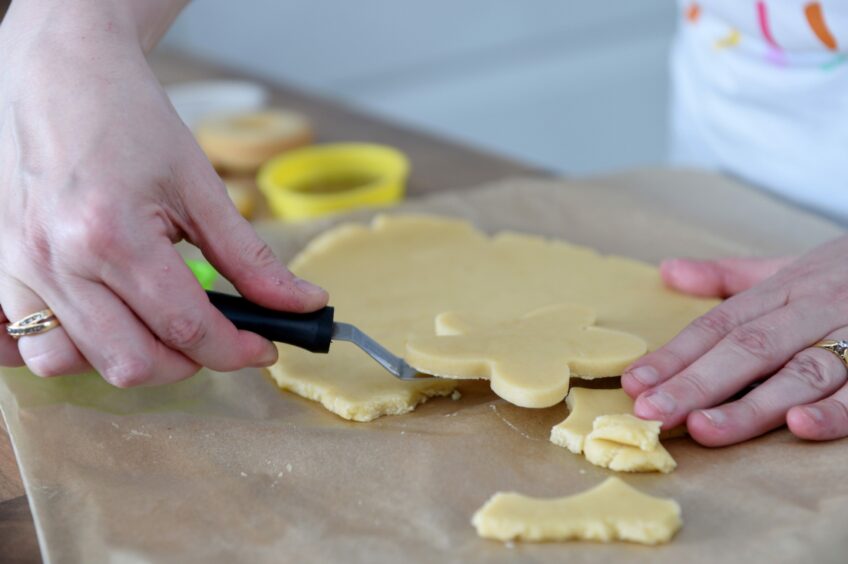

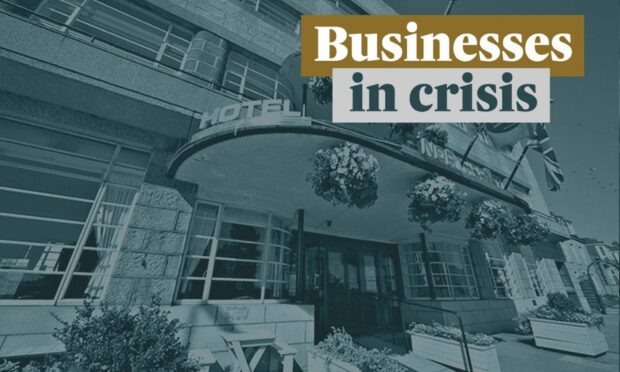

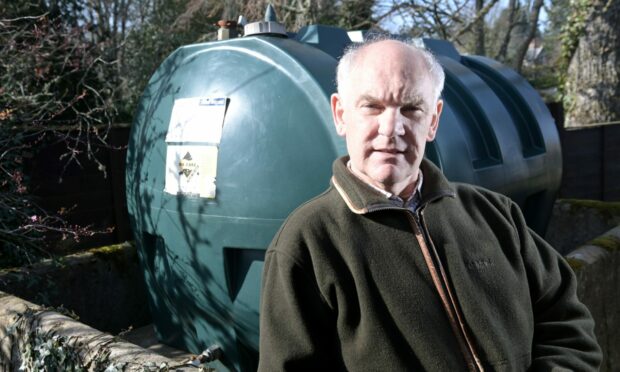

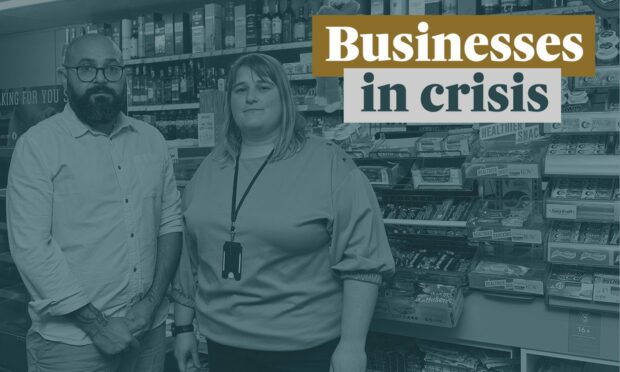
Conversation